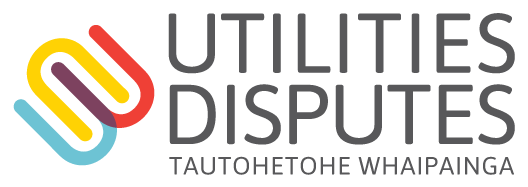We’ll be inviting your feedback as we investigate applying to the Commerce Commission for a Customised Price Path (CPP) – the regulatory mechanism that allows us to invest beyond the default limits set by the Commission.
What’s a CPP?
Every five years the Commerce Commission determines how much cost lines companies can recover to maintain and invest in their networks. This is known as the Default Price Path (DPP), and is the price setting that we operate on, along with most other networks in New Zealand. The CPP takes the standard DPP and increases network investment. Customer costs may also increase, but this is a result of additional value being delivered.
Why are Wellington Electricity investigating a CPP?
We’re proud to be one of New Zealand’s most cost-effective and reliable networks and want to continue to provide our communities with this level of service into the future.
As parts of our network reach their end of life, or greater electrification is required from existing assets, we have identified that we will need to invest to maintain our current performance and reliability of supply.
Why is this happening now?
We’re looking ahead at what assets need to be replaced to keep reliable levels of supply, and what new infrastructure needs to be built to cope with increased demand and services required by customers.
As the Wellington region’s population grows and more industries look to electrification, we need to ensure our network is able to keep up with the forecasted increase in demand.
Added to that, parts of our network are aging. To balance reliability with cost effectiveness, we don’t proactively replace assets until they’re nearing the end of their useful life. At the same time as we’re having to replace some assets, we also consider whether we need to increase the capacity of our assets to meet future demand from the transition to electrification.
Fulfilling these goals is going to require significant investment in our network.
How could customers be affected?
For the past 17 years, Wellington Electricity has maintained some of the lowest distribution prices in the country. The cost of investment associated with a CPP could result in slightly higher lines charges on customers’ power bills. We expect that this would place us in the middle of the pack compared to other lines companies around the country.
Alternatively, if we don’t progress with a CPP level of investment, customers could expect a less reliable network. This could mean experiencing more power outages than they’re used to, or it taking longer for us to restore power after a network fault. In some cases we may need to defer a new connection until the allowances are available to fund the required network upgrades to be carried out.
What say will customers have?
We’ll share a range of investment options for our customer and communities to provide their feedback on. This will determine whether we proceed with an application to the Commerce Commission, and if we do, what our submission will include.



To help improve our service, what feedback can you give us about this page?